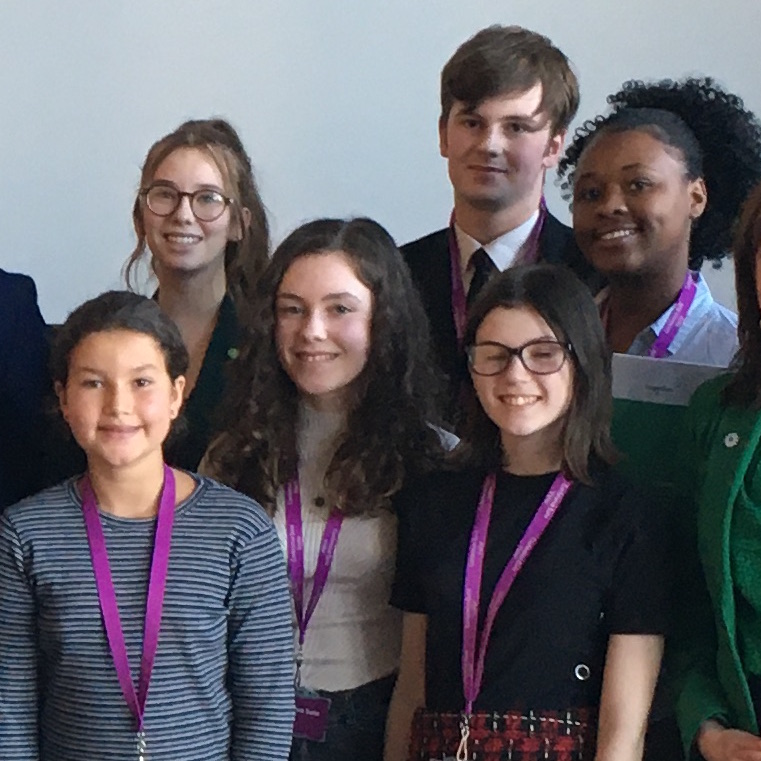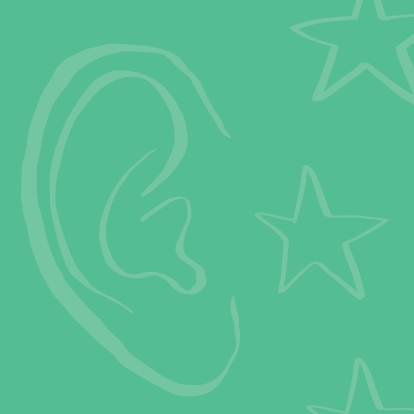Panel on Europe issues letter to John Swinney urging support for right to education through Brexit
12 August 2020
This morning the Children and Young People's Panel on Europe sent a letter to Cabinet Secretary for Education John Swinney asking for a meeting to discuss their views about what the Scottish Government can do to ensure young people’s right to education is supported as the UK leaves the EU.
In the letter the Panel call for a rights-based approach to education; children and young people to be involved in decision-making; preservation of study and travel programmes such as Erasmus+ post-Brexit; and improved political education.
The Panel, made up of 19 young people aged 9-19, is supported by Children in Scotland and Together, and aims to help young people learn more about Brexit and share their views on the issue.
Here is the Panel's letter in full:
Dear Deputy First Minister
We are the Children and Young People’s Panel on Europe, a group of 19 children and young people aged 9-19 from across Scotland. We’re writing to see if you would join us for a short online meeting to talk through our views and ideas on what the Scottish Government can do to make sure our right to education is supported as the UK leaves the European Union.
Our Panel was set up in 2018 to make sure children and young people’s voices are heard as the UK exits the European Union. We work with Children in Scotland and Together (Scottish Alliance for Children’s Rights) who help to support our right to be heard under Article 12 of the UN Convention on the Rights of the Child (UNCRC).
One of the areas we have been looking at is the right to education and how to make sure this is protected. In 2019, we published a report that we called Listen to Us in which we described our worries about Brexit affecting funding for children with additional support needs, the number of teachers in rural areas, and the importance of making sure we learn about politics in school so we feel informed about big decisions like Brexit.
We enjoyed meeting with you last November at the World Children’s Day celebration and having the chance to tell you about our work. We’re also happy to hear about the work the Scottish Government is doing to make children’s rights part of the law. We want to make sure that the right to education is met for every child and young person as we leave the EU and to make sure this happens we have identified some priorities that we would like to talk to you about:
- The Scottish Government should make sure that education takes a child rights-based approach.
- Political education in schools should be improved so we know what’s happening with big decisions like Brexit and have enough information to form our own opinions and have our voices heard. The Scottish Government should make sure teacher training covers this.
- The Scottish Government should include children and young people in decisions about Brexit and their education.
- The Scottish Government should try to make sure education schemes and exchanges (like Erasmus+) continue after Brexit. These are important for helping us develop skills and learn about other cultures.
- Education funding to support children and young people with additional support needs shouldn’t be cut as a result of Brexit.
We know that some things are still unclear and certain powers lie with the UK Government but we would really like to talk to you about our priorities and what the Scottish Government is doing or planning in relation to these.
We would like to thank you for continuing to champion children and young people’s rights and making sure children and young people are continuously involved in decision-making that affects our lives.
We are excited to hear from you!
Best wishes,
Angus, Beccie, Hope, Jack, Jodi, Julia, Kurby, Lana, Oscar, Soroush and Tamsin
From the Children and Young People’s Panel on Europe

Children and Young People's Panel on Europe
Find out more about the work and achievements of the panel
Click to visit the webpage
Find our more about Phase 2
Read a summary of the work of the Panel during Phase 2 of the project.
Click to read the summary